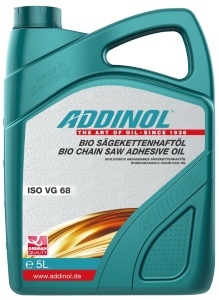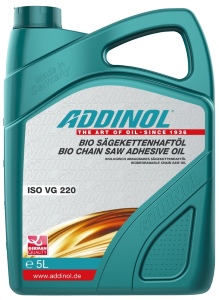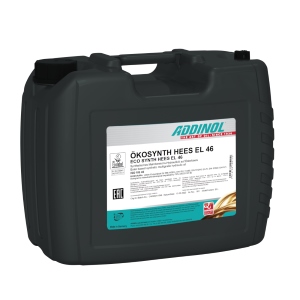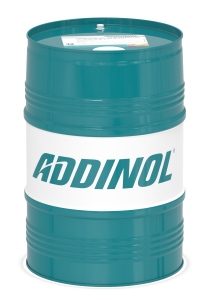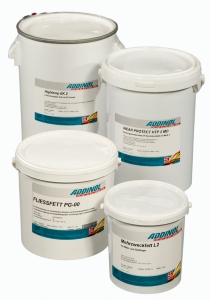


Biodegradable lubricants
It is known that one litre of oil can pollute one million litres of water. If oil gets into drinking water or groundwater, it can cause great ecological damage. The smallest leak in a lubrication system can severely pollute a nature reserve. Therefore, it is particularly important that in sensitive areas such as forests, at water points or even in agriculture, only lubricants are used that do not pollute the ecosystem and are degradable within a manageable time horizon. Biodegradable lubricants with special properties are being developed to ensure that lubricants used as intended do not cause lasting damage in these sensitive areas.

Performance of biodegradable lubricants
Vegetable oils and synthetic esters generally biodegrade faster than lubricants on other base oils under the same conditions. Furthermore, the oils and greases do not release toxic substances into the environment. Nevertheless, thanks to modern research, the performance of biodegradable lubricants is equivalent to that of normal lubricants. The high-performance lubricants can fully meet all requirements for viscosity stability, oxidation prevention, wear reduction, foaming, demulsibility and other properties.
Biodegradable lubricants from ADDINOL
The following products are representative for the wide range of biodegradable lubricants of ADDINOL. Our application technology will be pleased to offer personal advice.
ADDINOL BIO CHAIN SAW ADHESIVE OIL 68
Specifications / Approvals:
CEC L-33-A-93 ( > 98%), OECD 301 D (> 83% nach 28d)
ADDINOL BIO CHAIN SAW ADHESIVE OIL 220
Specifications / Approvals:
CEC L-33-A-93 ( > 98%), OECD 301 D (> 83% nach 28d)
ADDINOL ECO SYNTH HEES EL 46
Specifications / Approvals:
DIN 51524-2 (HLP), DIN 51524-3 (HVLP), ISO 15380
ADDINOL ECO SYNTH HEES 46
Specifications / Approvals:
CEC L-33-T-82, DIN 51524-3 (HVLP), DIN 51524-2 (HLP), ISO 15380
ADDINOL ECO PLUS CA 2
Specifications / Approvals:
DIN 51502 KE2E-20
Contact

